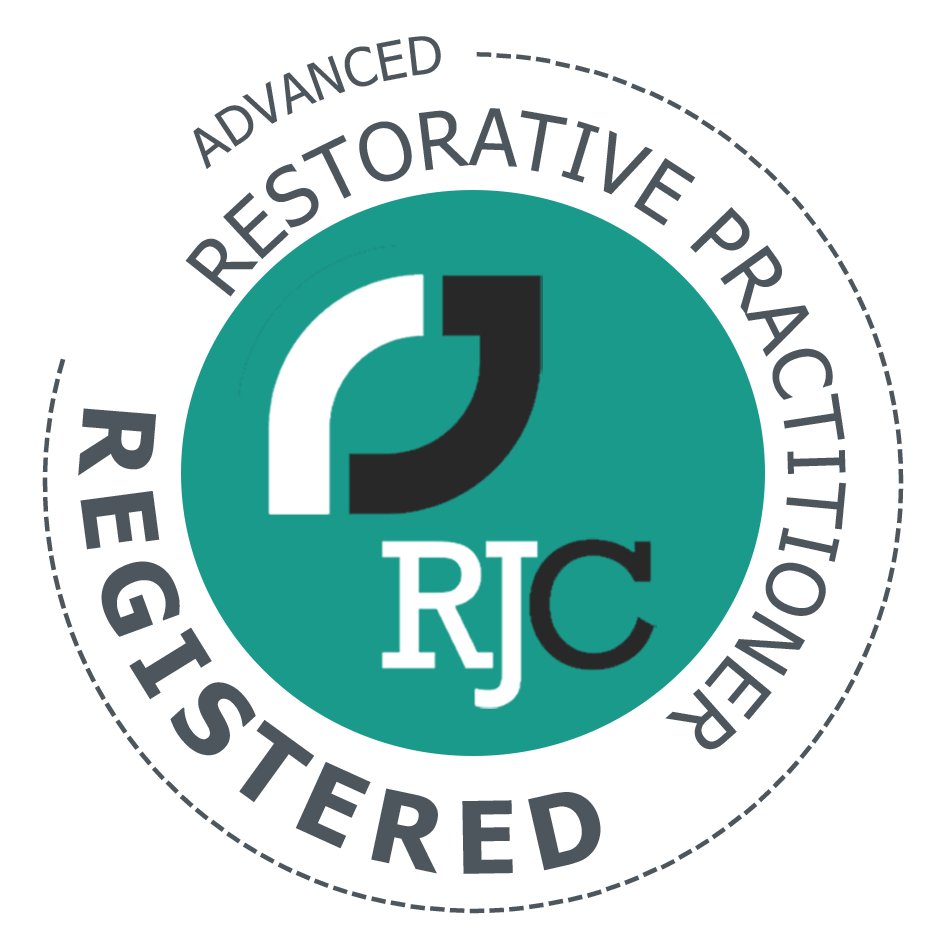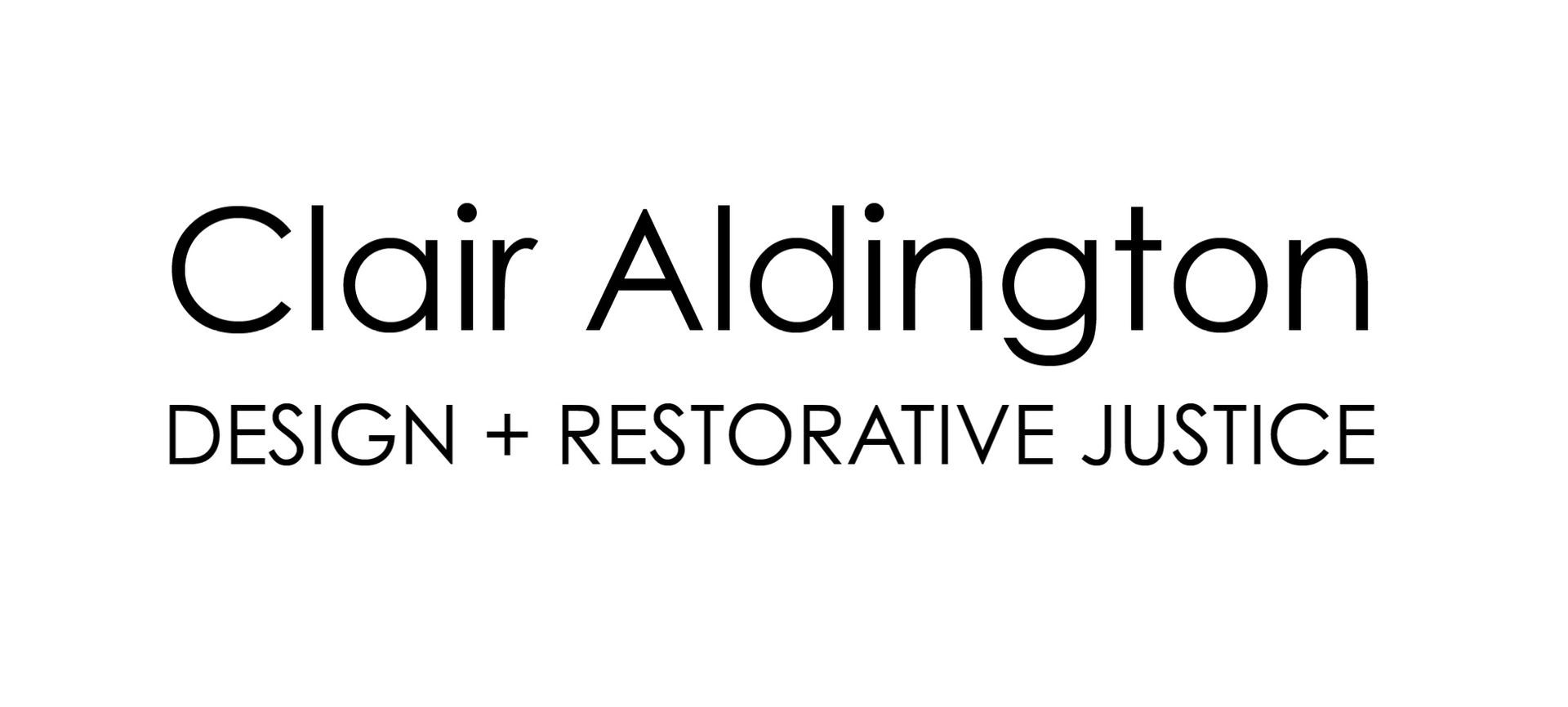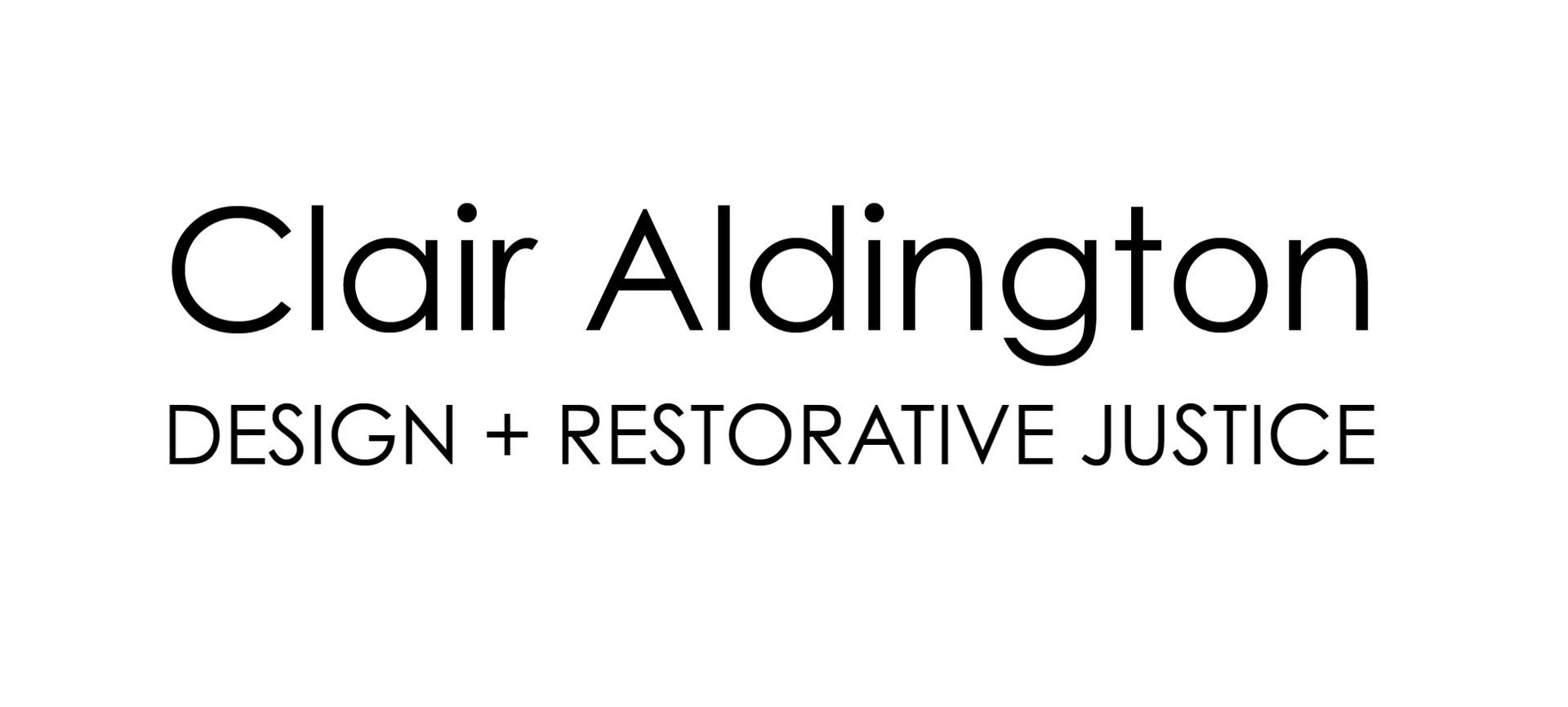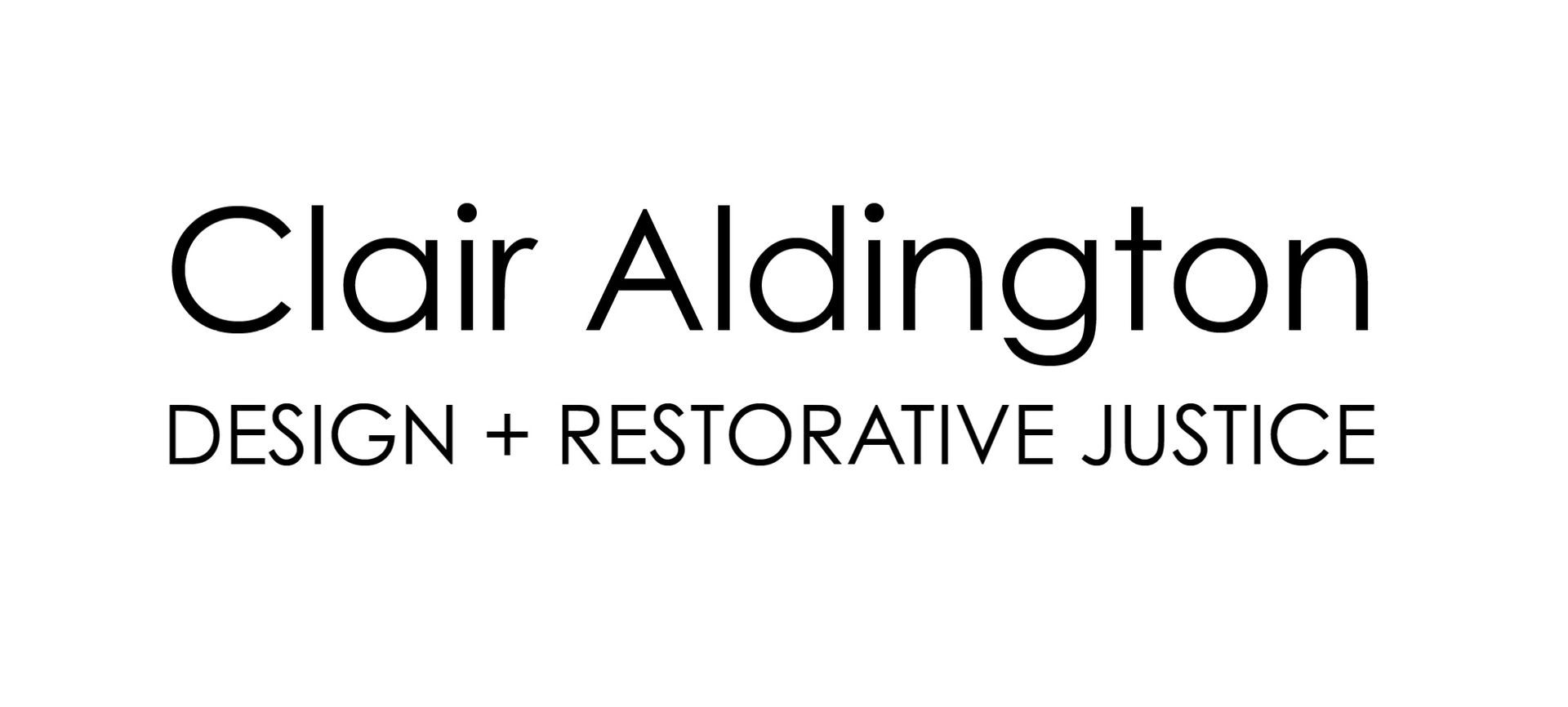About
I have over twenty years' experience working in participatory art, design and restorative justice. My design + restorative justice brand stems from this experience. I am also an islander and passionate about the contribution of the islander to practice and research conversations.
My over-arching approach is collaborative. Within this I utilise practice and research tools from the fields of design + restorative justice.
My work features these components ...
01
Design thinking
There is no one iteration of design thinking but many would see it as containing three basic components that include the initial concern/ inspiration, the development and exploration of ideas, and the implementation of those ideas, including prototyping and trial. Participatory design involves all stakeholders in these three components.
02
Thinking through making
The process of gaining knowledge through making is iterated as a thinking-through-making process 'in which making and thinking alternate back and forth all the time, in rapid iterations. The making or designing could be taking place intuitively. Reflecting on what has been made helps create knowledge and insights.' (Lexicon of Design Research, n.d.).
03
Co-creation
Participatory design emerged from an understanding that people are the experts in their own stories and experiences. Thus, those most affected by a product, service, system, etc., should have a voice in its design.
I use the term co-creation as it is understood within a multitude of disciplines, as well as within design. It is used to describe the role of an expert, or a professional, working equally alongside stakeholders in the services being designed.
04
Restorative justice + trauma-informed principles
Restorative justice happens all over the world and is proven to promote change and reduce stress. It enables dialogue between all stakeholders involved in a crime or harm. The process looks at: What happened? What are the consequences? What needs to happen now?
Restorative practice values underpin my work. These are about being respectful, honest, fair, safe, non-judgemental, multi-partial and confidential.
As do trauma informed principles. These ensure safety, trustworthiness, choice, collaboration, empowerment and cultural consideration.
Alongside these, I am mindful of particular contextual values which ‘emerge in collaboration with stakeholders, with the values interacting recursively with the design process and permeating the entire process’ (Iversen, Halskov, & Leong, 2012).
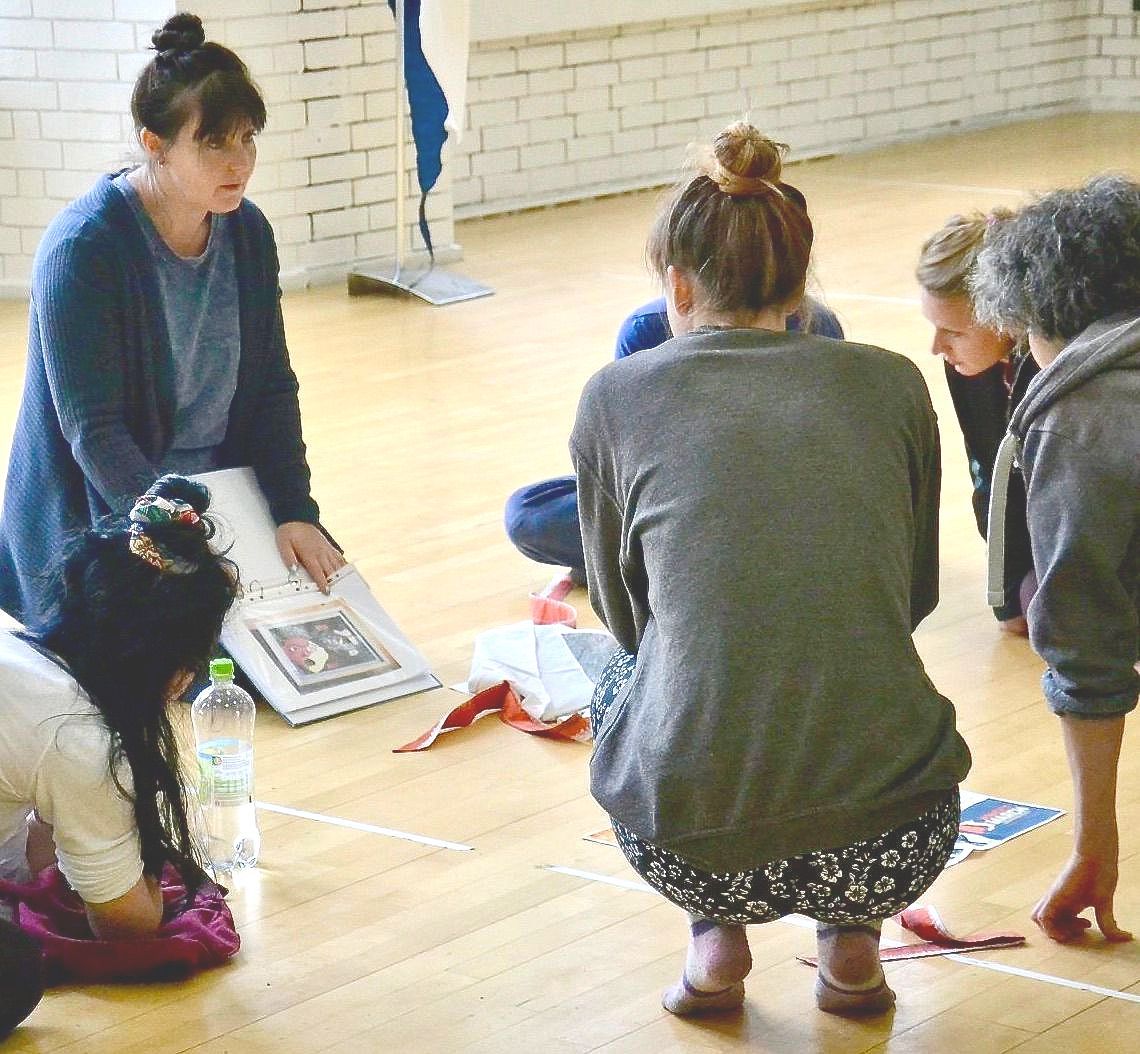
What people say about working with me
“Clair conquers me each time we meet for her silences and her words, her calmness and patience, her strength and courage, her honesty and integrity”
- Emanuela Biffi, European Forum for Restorative Justice
“Clair's ability to adapt is part of her creativity, and full of generosity - in international contexts where there are academics from different fields, young people, and people from different backgrounds and nationalities using different languages”
- Prof. Gema Varona Martínez, Basque Institute of Criminology
“Clair's knowledge of Restorative Justice and the nuances of it as practice enabled her to bring design research into this new space in a ground-breaking way. This is work that needs to be seen and heard about”
- Dr. Steve Kirkwood, The University of Edinburgh and Prof. Jon Rogers, Northumbria University
“Clair is an inspiring colleague - disseminating her art of detail and beauty in whatever she does and touches...she has a passionate, co-operative, generous and humble working style”
- Emanuela Biffi, European Forum for Restorative Justice
“Clair's creativity is full of beauty and she is so well prepared to work with different materials ... it seems simple but is full of complexity and care”
- Prof. Gema Varona Martínez, Basque Institute of Criminology
“Innovative and inspiring work about the intersection between making, gifting and restorative justice”
- Emanuela Biffi, European Forum for Restorative Justice
My professional background
Academic training
I hold a PhD in Design from Northumbria University, UK, which was funded by the Arts and Humanities Research Council (Grant number AH/L50386/1). My thesis particularly focussed on the role of making, gifting and solidarity in restorative justice processes.
I also hold a MA (Distinction) in contemporary art and music from Oxford Brookes University, UK.
It was through studying for my MA that I first linked academically the creative and the restorative strands of my practice. This arts background, alongside my design and restorative one, gives me a unique set of multi-disciplinary skills and tools - both as a practitioner and researcher.
Visit my arts practice website
here.
Publications and presentations
I am an experienced speaker at seminars, conferences and workshops nationally within the UK as well as overseas. In 2025, I am an invited keynote speaker at the International Institute for Restorative Practices world conference in Tennessee, USA.
I am also an author and have had my work published in books and academic journals.
Experience
I have worked within the private, public and third sectors, as well as within academia at regional, national and international levels as a maker, designer, restorative practitioner and researcher. This has included urban, rural and island contexts.
I have extensive experience of facilitating workshops with participants from different backgrounds, cultures and experiences, as well as project management, undertaking design commissions and service reviews.
Part of my current freelance practice is working as the Director-Practitioner for Space2face - a restorative justice and arts project I co-founded in 2008 which became a charity, registered in Scotland, in 2016. In the same year, Space2face won a UK Restorative Practice Award for our creative approaches to restorative justice. You can visit the Space2face website here.
I am a member of the European Forum for Restorative Justice's Working Group on Polarisation, Hate and Violent Extremism and part of the Scottish Network of Restorative Justice Researchers.
I am registered as an Advanced Restorative Practitioner with the Restorative Justice Council (UK) and have undertaken additional restorative training to facilitate cases of sexual harm. I am also 'Safe and Together' (domestic violence informed practice) and child protection trained.
